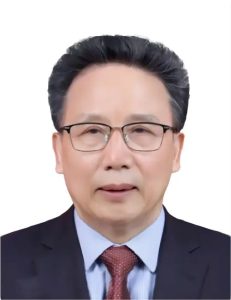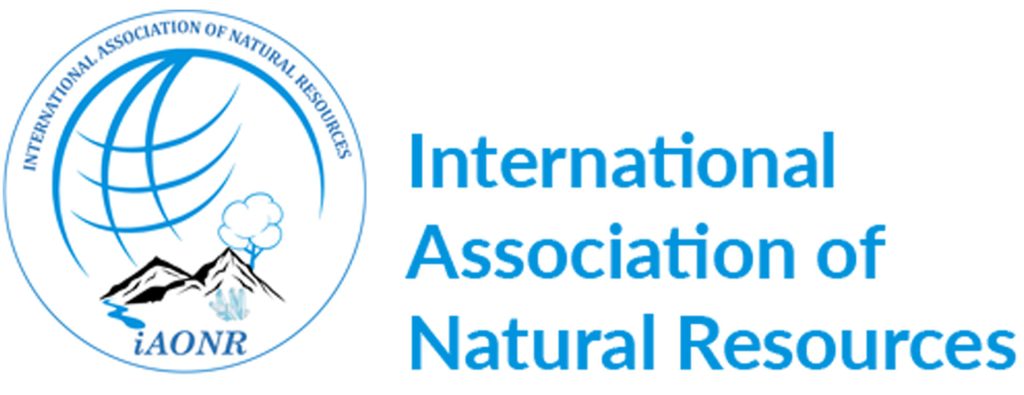Jianbing PENG
(China)

Professor Jianbing PENG is an academician of the Chinese Academy of Sciences (CAS), president of the Institute of Geological Disaster Prevention and Control of Chang’an University, director, professor and doctoral supervisor of the Key Laboratory of Western Mineral Resources and Geological Engineering of the Ministry of Education. As one of the leading disciplines in the field of engineering geology and geological hazards in China, mainly engaged in scientific research and teaching in engineering geology, geological hazards, and urban geology.
Professor PENG is the Chief Scientist of the National 973 Program and the Major Project of the National Natural Science Foundation of China. More than 320 academic papers have been published, including over 200 SCI and EI indexed papers. The first author has published 9 monographs, and the principal investigator has won 1 second prize for national scientific and technological progress and 4 first prizes at the provincial and ministerial levels.
Professor PENG, born in April 1953 in Macheng, Hubei Province, has emerged as a luminary in engineering geology and disaster mitigation, blending rigorous academic inquiry with transformative societal impact. His early academic journey began at the Wuhan Institute of Geology (1975–1978), where he cultivated foundational expertise in geological sciences. Joining Xi’an Institute of Geology (later integrated into Chang’an University) in 1978, he ascended from assistant lecturer to associate professor and departmental deputy director over two decades, demonstrating both pedagogical dedication and nascent research leadership.
Driven by intellectual curiosity, Professor PENG pursued doctoral studies at Xi’an Institute of Technology from 1995 to 1999, earning a Ph.D. in Geological Engineering. This period marked a pivotal transition from field observation to theoretical innovation, equipping him to address China’s pressing geological challenges. His subsequent academic appointments—as Dean of the School of Geological Engineering and Surveying (2000–2011) and later as founding Dean of the Institute of Geological Disaster Prevention and Control (2011–present)—positioned him at the forefront of interdisciplinary research bridging earth sciences, civil engineering, and environmental sustainability.
Professor PENG’s research legacy centers on three transformative theoretical frameworks. First, his groundbreaking work on ground fissure dynamics in North China unraveled the interplay between tectonic activity, groundwater dynamics, and anthropogenic factors. By proposing the “tectonic-seepage-stress coupling” model, he resolved long-standing debates about fissure genesis in sedimentary basins, enabling predictive modeling that informed urban planning in Xi’an and other fissure-prone cities. Second, his systematic study of loess hydrogeomechanics revolutionized understanding of landslide and subsidence mechanisms across China’s Loess Plateau. The resulting hazard zonation maps and early-warning algorithms have safeguarded infrastructure in the Yellow River Basin, directly supporting national strategies for western development. Third, his regional stability dynamics theory redefined risk assessment protocols for megaprojects, integrating paleoseismic data, modern stress fields, and climate change projections—a paradigm now embedded in China’s engineering geology standards.
As principal investigator of China’s most ambitious geological research initiatives, Professor PENG has directed paradigm-shifting projects. His leadership of the National Natural Science Foundation’s Major Program on “Large Deformation Mechanisms of Loose Strata” (2016–2021) advanced predictive models for land subsidence, while his role as Chief Scientist for the National 973 Program project (2012–2017) on disaster dynamics yielded multiscale monitoring technologies adopted in over 30 cities. Internationally, he spearheaded comparative studies on transboundary river basin stability through the UNESCO-led International Geoscience Program, fostering collaboration across 15 countries in Central Asia and the Himalayas.
Honored as an Academician of the CAS in 2019, Professor PENG’s contributions have garnered over 50 national and provincial accolades, including the State Council’s Science and Technology Progress Award (Second Class, 2018) for his integrated disaster mitigation system in the Weihe Basin. His eight patented technologies—ranging from distributed fiber-optic monitoring arrays to biocementation-based slope stabilization—exemplify translational research bridging lab insights and field applications. Scholarly influence extends through 352 peer-reviewed papers (207 indexed in SCI/EI) and seminal monographs such as Disaster Dynamics (2015) and Ground Fissure Catastrophes (2020), which have become standard references in global geology curricula.
A revered educator, Professor PENG has mentored 136 graduate students, many now leading provincial geological survey institutes or heading university departments. His pedagogical philosophy emphasizes “field-first” learning, having redesigned Chang’an University’s engineering geology program to incorporate immersive fieldwork modules across the Qinling Mountains and Tibetan Plateau. This approach, detailed in his textbook Modern Engineering Geology (2018), has been adopted by 12 Chinese universities. Recognized as a National Model Teacher (2016), he personally leads annual field camps for undergraduates, embodying his belief that “rocks are the geologist’s most honest textbooks.”
Beyond academia, Professor PENG’s expertise shapes national policy and infrastructure resilience. As a key advisor to China’s National Natural Science Foundation Earth Sciences Division, he co-drafted the 14th Five-Year Plan (2021–2025) for geological disaster prevention. His forensic analysis of the 2015 Shenzhen landslide informed revised national regulations on construction waste management. Currently, as inaugural Dean of Shaanxi’s Yellow River Science Academy (2020–present), he coordinates cross-provincial efforts to balance ecological conservation and economic development in the Yellow River Basin, a role intersecting with China’s carbon neutrality commitments.
Academician of CAS, Professor, Dr.
College of Geological Engineering and Surveying
Chang’an university
Yucai Road, Yanta District, Xi’an City, China
Email: dicexy_1@chd.edu.cn
